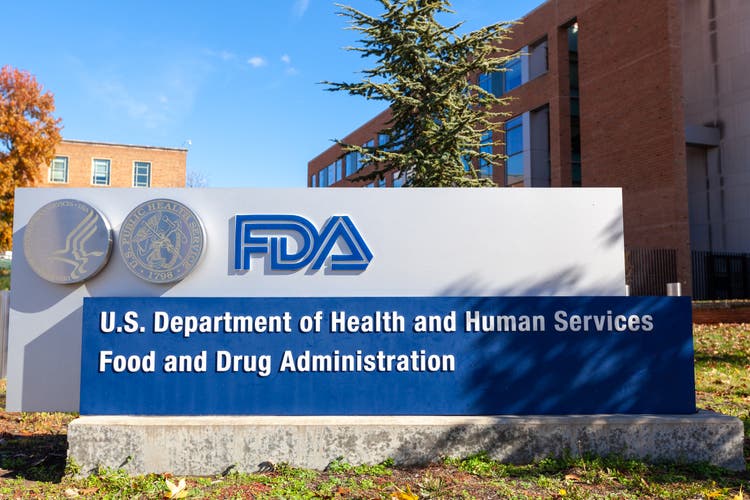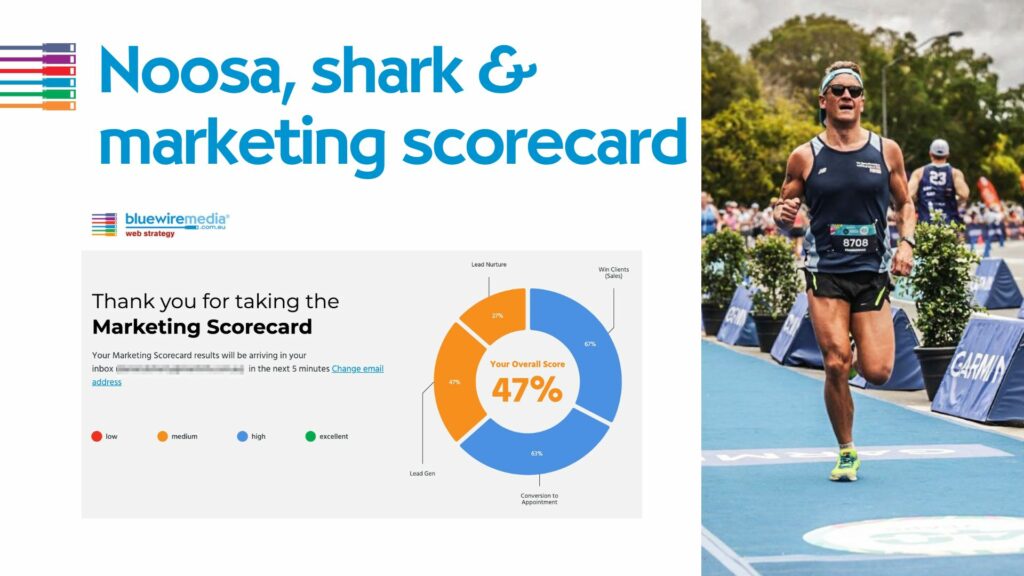
Grandbrothers
A group of independent experts to the US FDA for the most part embraced a first of its kind gene editing therapy developed by CRISPR Therapeutics (NASDAQ:CRSP) and Vertex Pharma (NASDAQ:VRTX) for sickle cell disease (SCD) Tuesday.
The CRISPR/Cas9 gene-edited therapy, known as exagamglogene autotemcel or exa-cel, is currently under FDA review for SCD patients aged 12 years and older with vaso-occlusive crises, a severe characteristic of the blood disorder.
The meeting of the FDA’s Cellular, Tissue, and Gene Therapies Advisory Committee was unusual in that it didn’t actually ask members to vote on whether the therapy’s benefits outweigh the risks. Instead, they were asked to discuss if enough research had been done to see exa-cel could be impacted by off-target editing — essentially editing errors causing unintended genomic changes and, therefore, potential side effects. FDA reviewers flagged the editing and potential side effects in briefing documents.
In fact, this kind of editing was the only discussion question for the meeting — there was no vote on whether or not to recommend approval. “Please discuss the Applicant’s off-target analysis (e.g., in silico and cellular methods) and provide recommendations for additional studies, if needed, to assess the risk of off-target editing for exa-cel.”
Dan Bauer, the director of gene therapy at Boston Children’s Hospital, told the panel that off-target effects could be monitored easily with sickle cell disease, Barron’s reported.
Although several members indicated more studies might be helpful, as a whole, they seemed to back exa-cel and didn’t see off-target concerns as holding the treatment back.
The briefing documents also indicated that efficacy of exa-cel doesn’t appear to be a concern. “Given the strongly positive results, FDA does not believe that the study design limitations call the efficacy of exa-cel into question.”
Data from a long-term follow-up trial called Study 131 and an ongoing 45-patient Phase 1/2/3 global study called Study 121 supported exa-cel’s marketing application.
While the FDA is not bound to the recommendations of its advisory committees, it generally follows them before taking a final decision, which, in the case of exa-cel, is expected by Dec. 8.
If approved, exa-cel cost cost as much as $2M per patient. Those on the treatment also will need a bone marrow transplant and a hospital stay. The cost and requirements for treatment could impact uptake, NPR reported.


